The process involved with receiving benefits from Social Security Administration can be complex and confusing. There are rules and regulations outlined by the government for everything from who is eligible to receive benefits to how an appeal is handled. Given the complex nature of the Social Security Disability benefits process, it is often best to seek the help of an attorney who has experience working within the system.
Before you talk with an attorney regarding Social Security Disability and the process involved with applying for it, you may have some general basic questions that you would like answered. The following are some of the most basic frequently asked questions individuals have regarding the Social Security Disability process.
What Type of Eligibility Requirements are Placed on Individuals Looking to Receive Social Security Disability?
There are multiple eligibility requirements set in place in order for individuals to receive Social Security Disability benefits. The two biggest requirements that must be met before you can receive SSD benefits are amount of time worked and the extent of your disability.
First, individuals can only receive SSD benefits if they have worked in a Social Security-covered job. Work credits are issued to individuals when they work in this type of job. Those work credits will be used to determine whether or not you are eligible for disability benefits.
The amount of work credits needed will vary from person to person, but it generally equates to anywhere from 20 to 40 credits. Individuals who are younger when they become disabled may need fewer work credits.
Another requirement is the severity of your disability. Individuals cannot file for SSD benefits for just any type of injury. It must be considered a severe disability and meet several different types of criteria.
Requirements to be considered for SSD benefits include:
- Inability to do the same type of work that was performed before the disability
- Inability to do any other type of work due to the disability
- Disability must be expected to last longer than a year or be classified as fatal
Once you are approved for SSD, the benefits will last as you are considered disabled and unable to work. The Social Security Administration will periodically monitor your condition to determine you still meet eligibility requirements.
When Should the Application Process for SSD Benefits Begin?
People who believe they qualify to receive SSD benefits can apply at any time. However, people are encouraged to apply as soon as possible. The approval process can be lengthy and may include several appeals. For this reason, it is best to get the process started immediately as it will allow you to get your benefits faster.
What if Worker’s Compensation has Been Approved? Can People Still Claim Both SSD Benefits and Worker’s Compensation?
It really depends upon the case and the situation. In most cases, an individual can receive both worker’s compensation and SSD benefits. However, the amount that is collected may be adjusted to accommodate for the other benefits you receive.
For example, if an individual has been awarded worker’s compensation and is approved for SSD benefits, he or she may receive a lower amount for SSD because of the initial money from worker’s compensation.
People who have suffered an extensive injury while at work are encouraged to apply for SSD benefits if they feel they qualify to receive these types of benefits. Applying for SSD benefits as soon as they qualify will help prevent people from experiencing a potential gap in benefits.
How Long Does it Take to Start Receiving SSD Benefits?
The time it takes to start receiving SSD benefits will depend upon when you applied for benefits and when your application was approved. There is a five month waiting period on benefits. If you apply for SSD benefits are immediately approved, benefits could start as early as six months after the date your disability started.
The application process allows individuals to receive retroactive payments for their application date. Applicants are allowed to ask for retroactive payment for up the 12 months prior to their application, if they were disabled during that time. In circumstances like this, the individual would receive a retroactive payment upon approval, minus five months which is for the mandatory waiting period.
If you feel you qualify for SSD benefits and need help with the process or have specific questions, contact the experienced attorney at The Law Office of Mark Schneider. We offer free legal consultations where you can receive personalized answers to questions regarding your unique situation.






